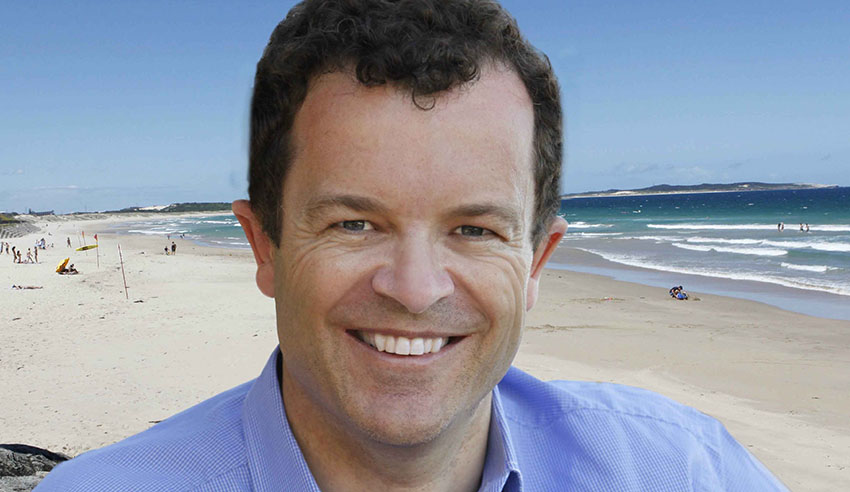A “legal roadblock” preventing thousands of survivors of child sexual abuse in NSW from suing churches and other institutions in which their abuse occurred has been removed.

Source: nsw.liberal.org.au
In a statement, NSW Attorney-General Mark Speakman said he was “pleased” his first item of business for the new year was to “condemn to the scrapheap” the so-called ‘Ellis defence’, a legal precedent from 2007 based on the notion that an unincorporated entity has no legal personality and therefore cannot be sued.
“A child abuse survivor will [now] be able to sue an unincorporated organisation, which can nominate a proper defendant with sufficient assets to meet the claim. If it fails to do so, the court can appoint associated trustees to be sued who can access trust property to pay the compensation,” Mr Speakman explained.
“This means all survivors of institutional child abuse in NSW will now have the same access to compensation through civil litigation, no matter what kind of organisation is responsible.”
The reform – which shall be retrospective, making them accessible to survivors of past, present and future child abuse – comes off the back of a “key recommendation” of the Royal Commission into Institutional Responses to Child Sexual Abuse.
Mr Speakman said the NSW government will “continue to be a national leader in supporting survivors of institutional child sexual abuse”.
“NSW was the first state to pass laws enabling the establishment of a National Redress Scheme and to introduce a comprehensive criminal justice response to the royal commission,” he said.
“The government has also removed limitation periods for civil claims relating to death or personal injury as a result of child abuse, including against a perpetrator or an institution. We are changing the power balance so survivors can hold institutions accountable for horrific abuse and move forward with their recovery.”
The announcement was welcomed by legal advocacy group Australian Lawyers for Human Rights, with ALHR president Kerry Weste applauding the NSW government for “taking steps to implement a key recommendation from the royal commission and reform faith-based property trust legislation to remove the Ellis Defence”.
“More survivors of institutional abuse will now have access to compensation regardless of the organisation responsible for the abuse. The legislation strikes the right balance between ensuring the responsible entities retain sufficient autonomy over how to deal with property assets whilst ensuring victims have an avenue for seeking compensation,” she said.
“The NSW government’s recent changes are consistent with the Convention on the Rights of the Child, especially in that children should be protected from any form of harm and violence and that governments should ensure that children are properly cared for and protected.”

Jerome Doraisamy is the managing editor of professional services (including Lawyers Weekly, HR Leader, Accountants Daily, and Accounting Times). He is also the author of The Wellness Doctrines book series, an admitted solicitor in New South Wales, and a board director of the Minds Count Foundation.
You can email Jerome at: